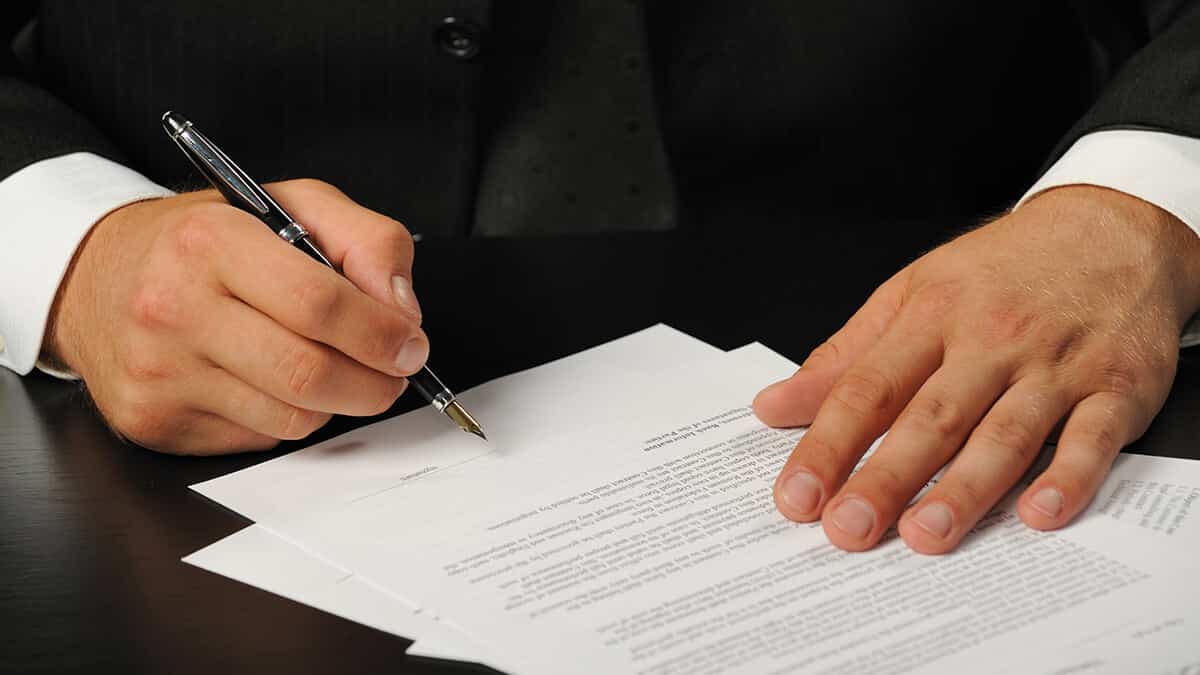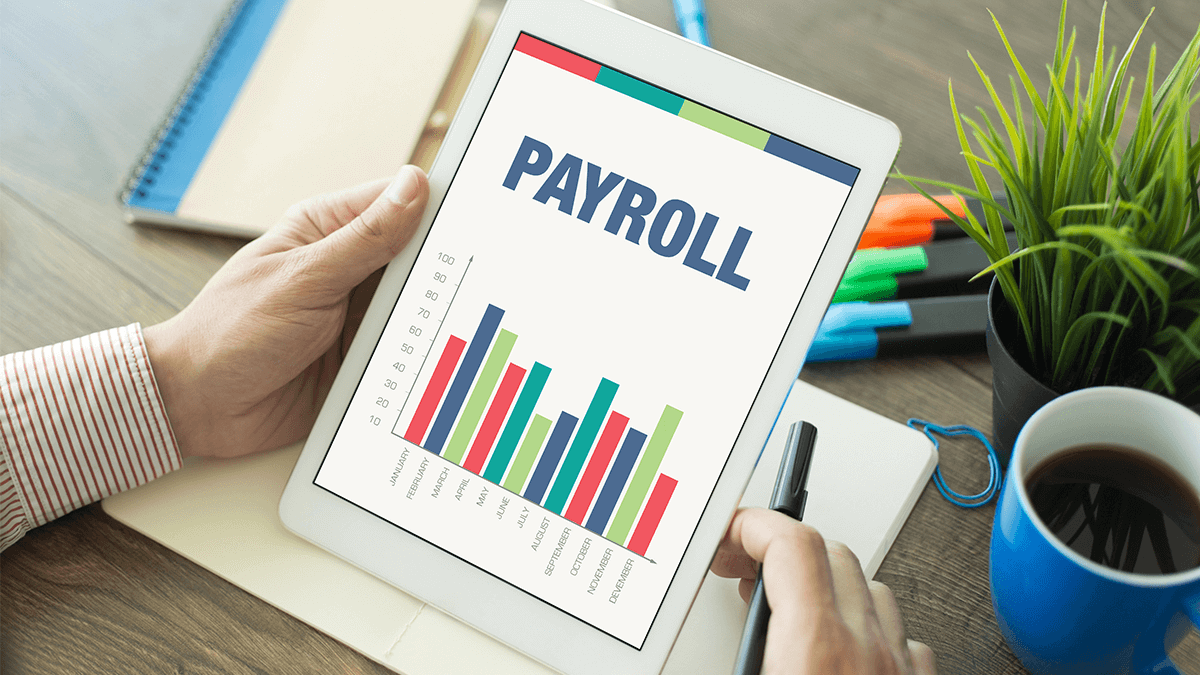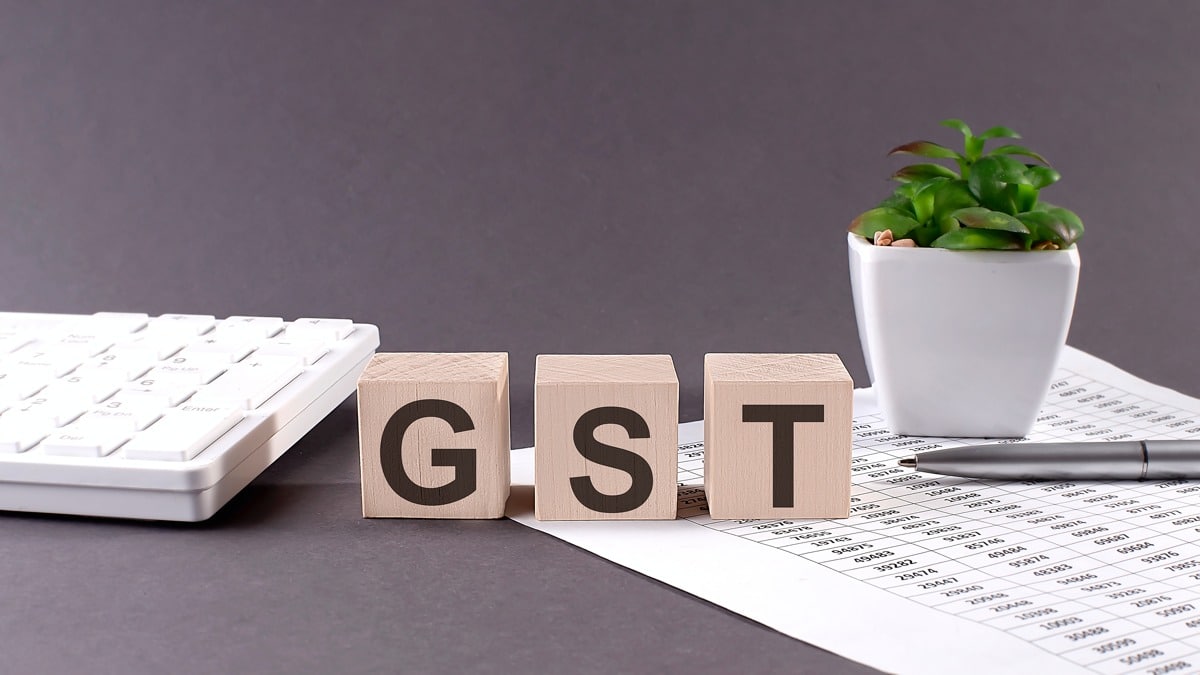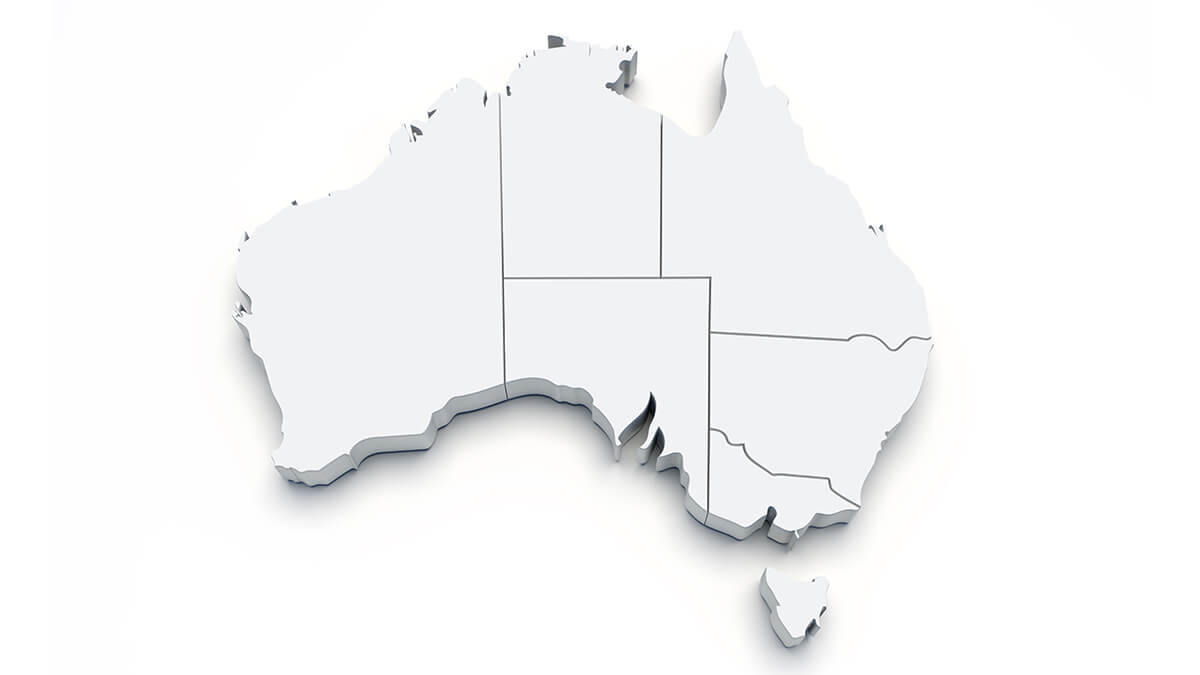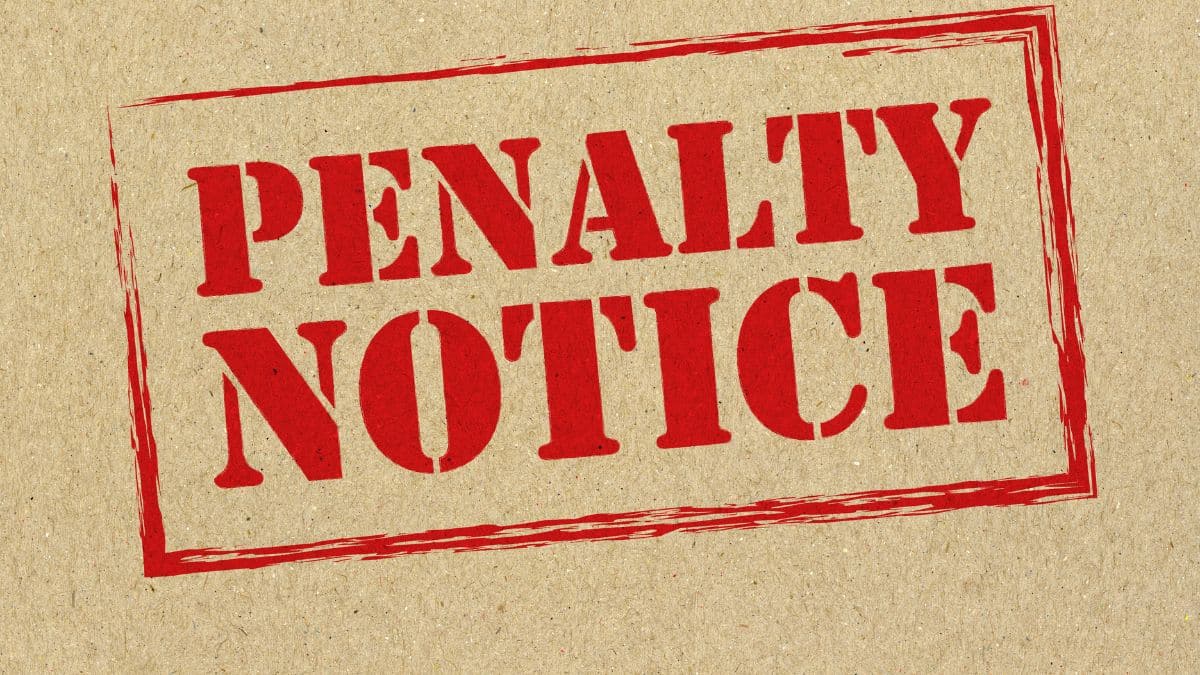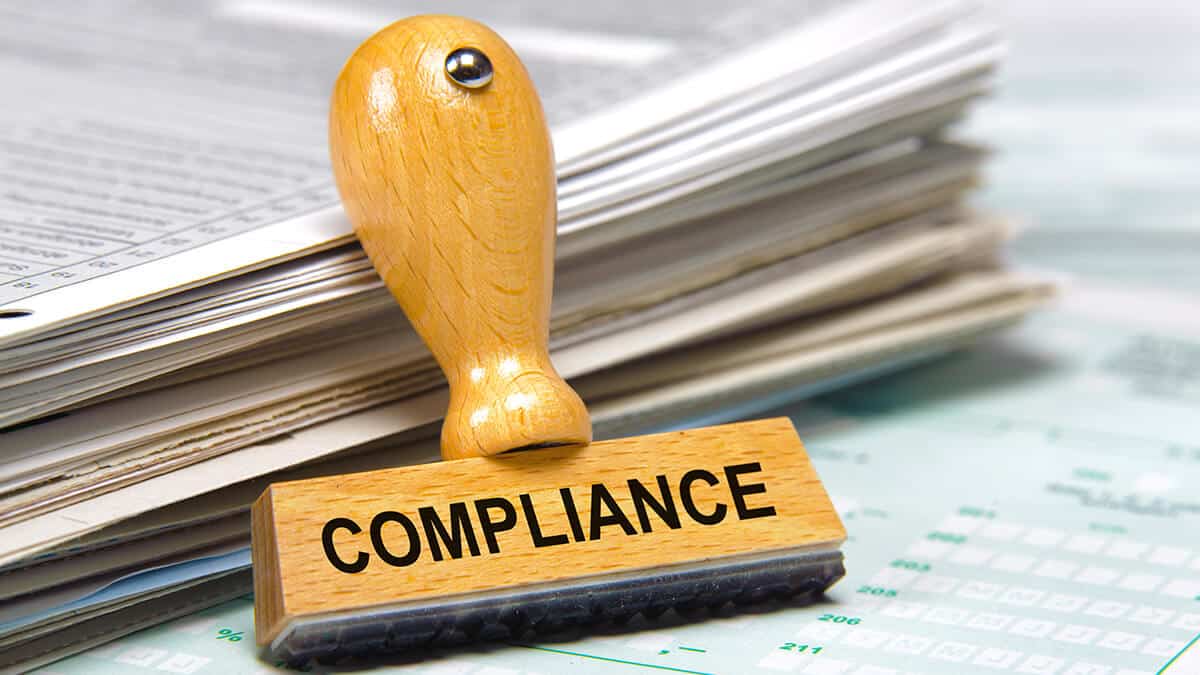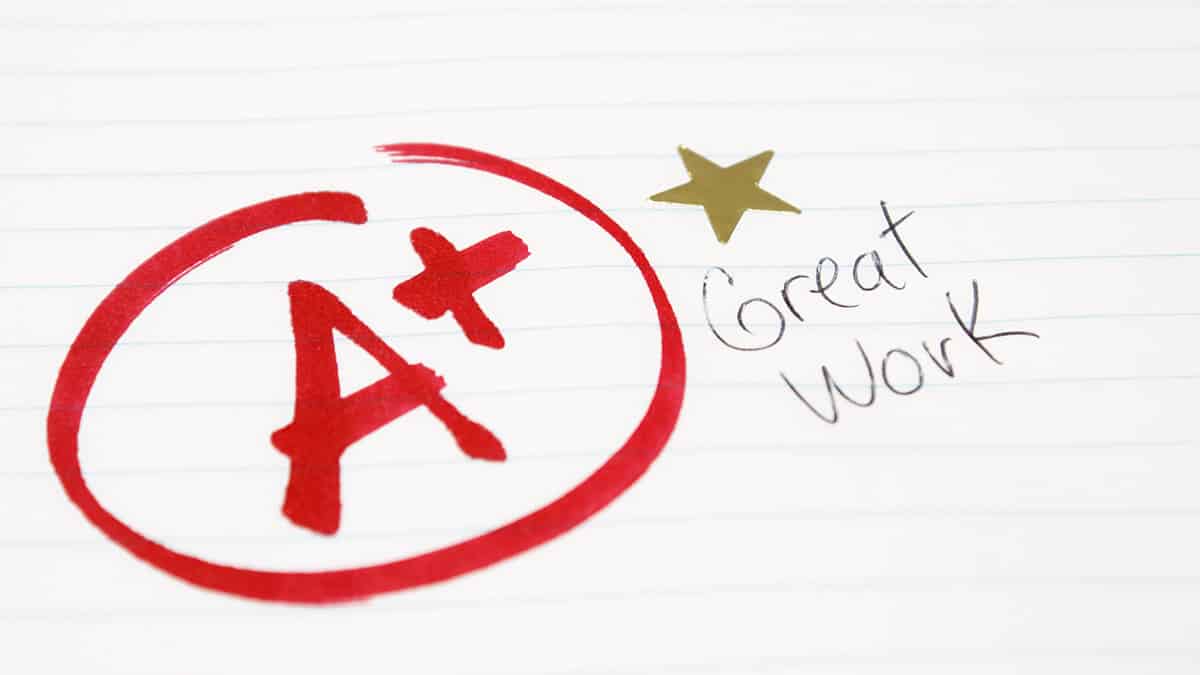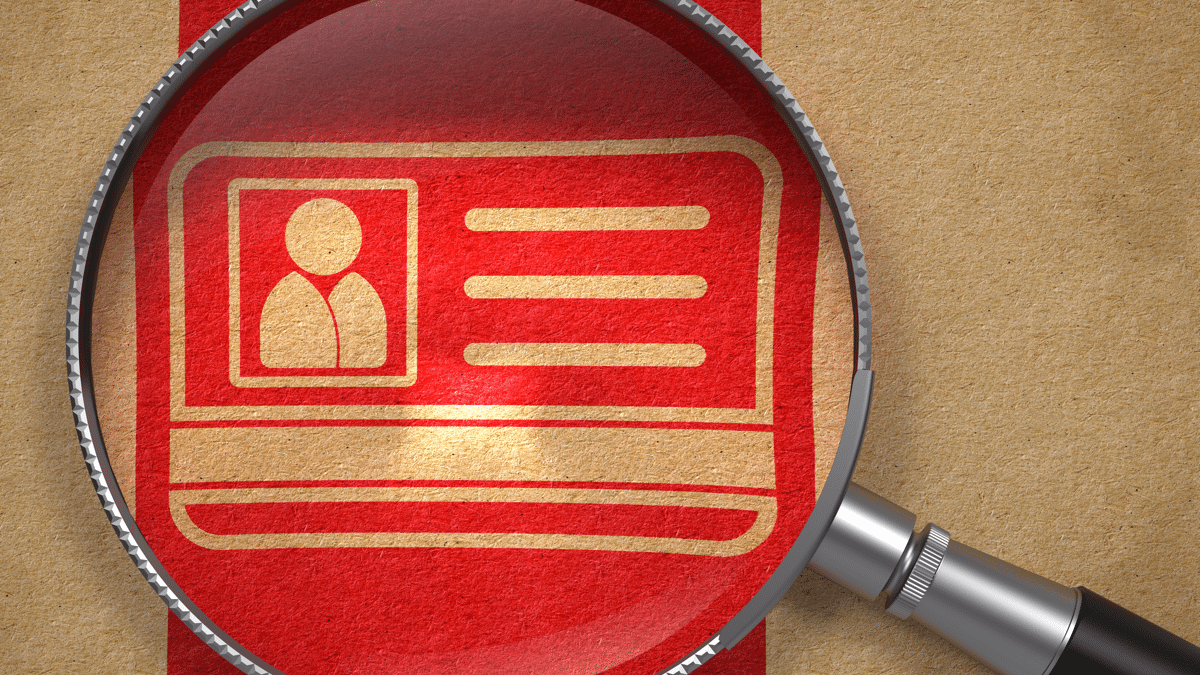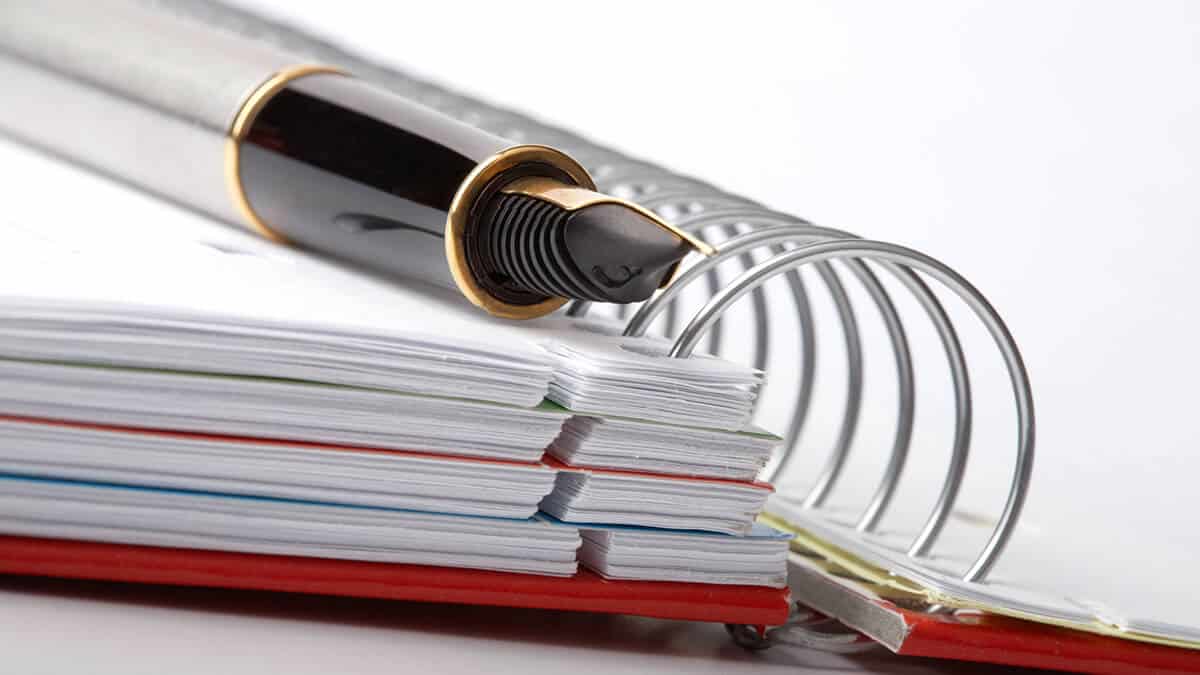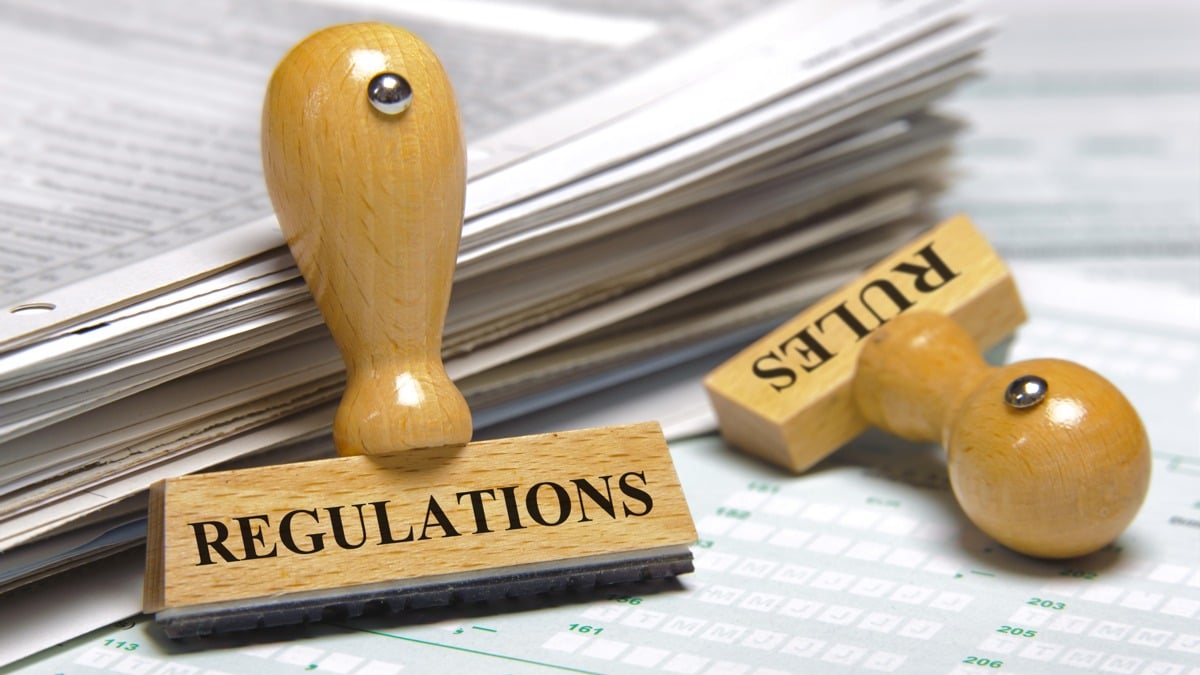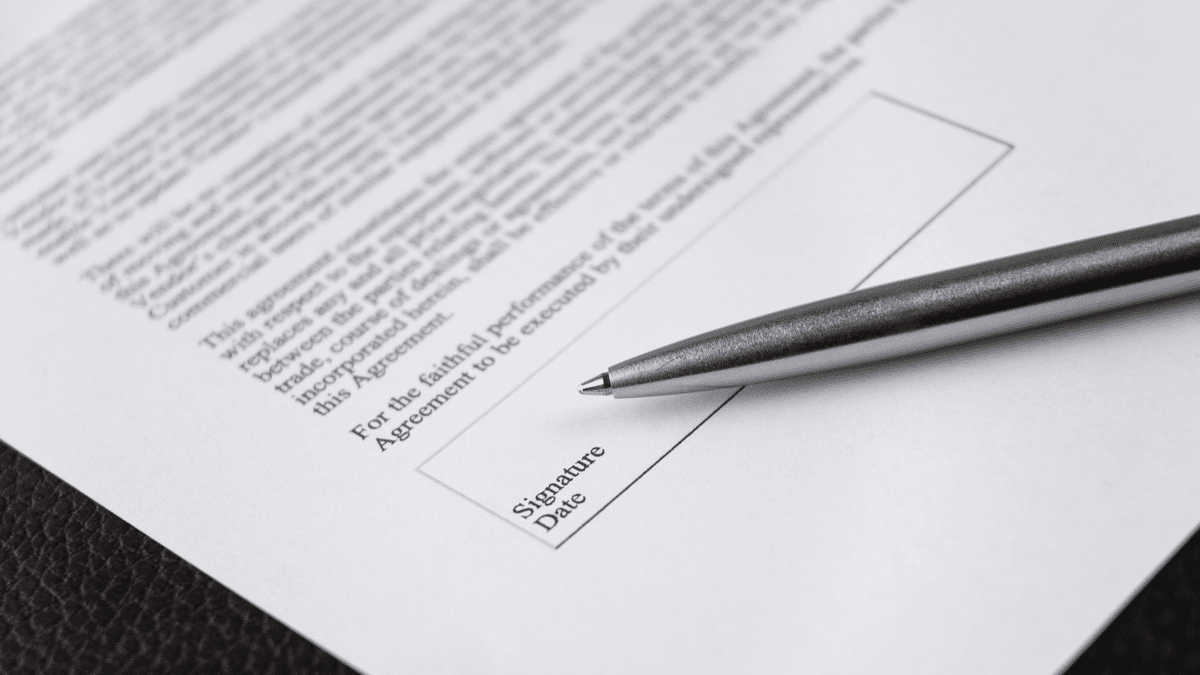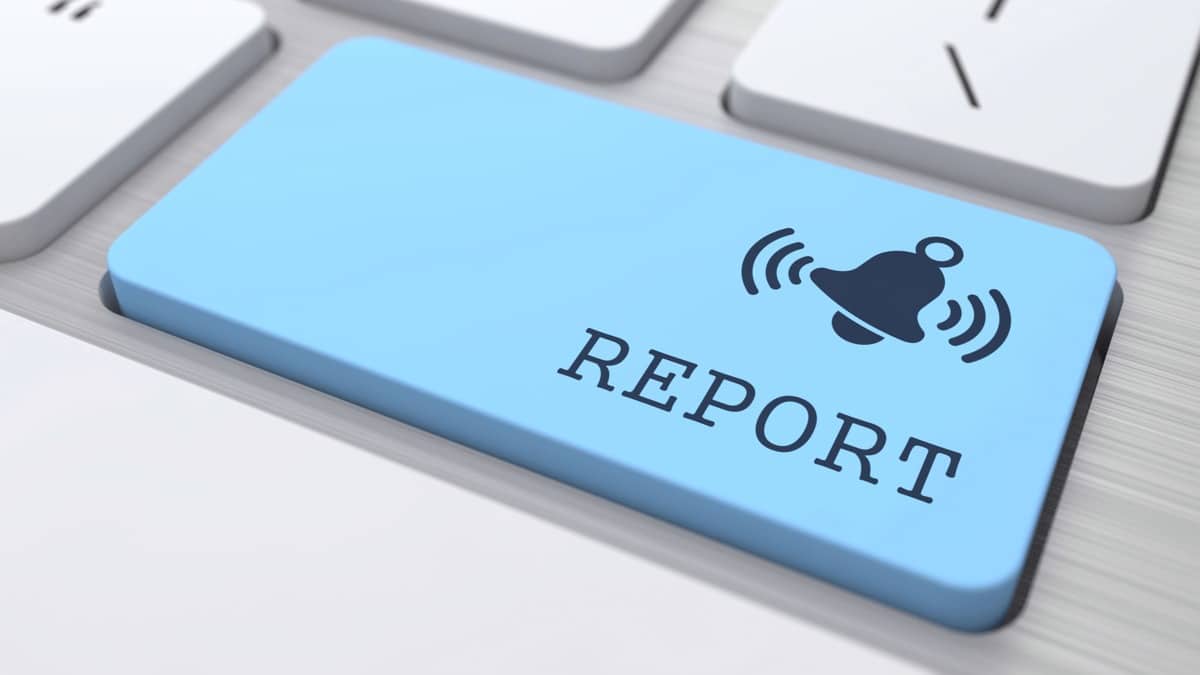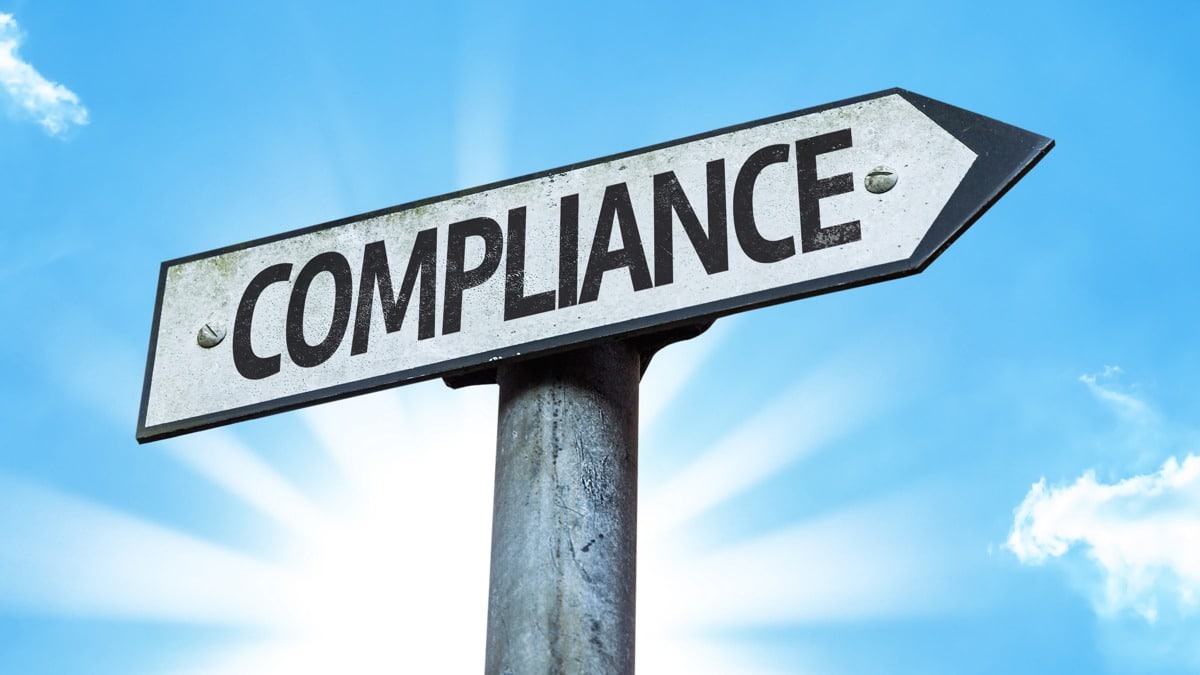SMSF admin and compliance
All self-managed superannuation funds (SMSFs) must have a trust deed, a document which sets out the governing rules of that particular SMSF. Trust deeds can vary from document to document, and can also be amended over time, so it is vital that you understand and abide by the rules governing your SMSF.
In addition to the trust deed, SMSFs are subject to the provision of the Superannuation Industry (Supervision) Act 1993, which imposes legal obligations on how SMSFs must be operated. These laws and regulations may, in certain circumstances, take precedence over your trust deed, so a sound understanding of the rules is a prerequisite for any SMSF trustee.
In this section you’ll learn how to comply with obligations such as:
- residency requirements,
- developing an investment strategy and ensuring that all investment decisions are consistent with it,
- considering member insurance needs,
- only accepting contributions from fund members,
- making super benefit payments only to members who have met a condition of release,
- monitoring total super balance and transfer caps,
- administration, reporting and record-keeping requirements,
- appointing a registered auditor, and
- lodging the fund’s annual return to the Australian Taxation Office (ATO) and paying tax, to name but a few compliance and administrative matters.
Get independent expert guidance for your SMSF

Master SMSF specific strategies so you can capitalise on the unique opportunities available to SMSFs
Find out more

